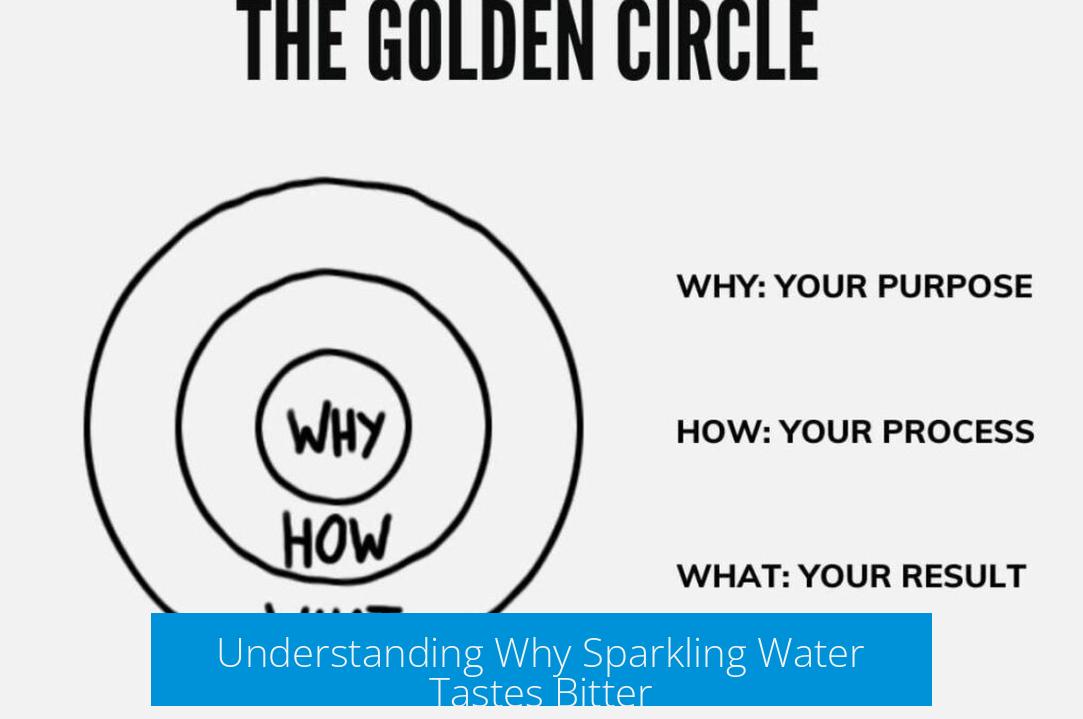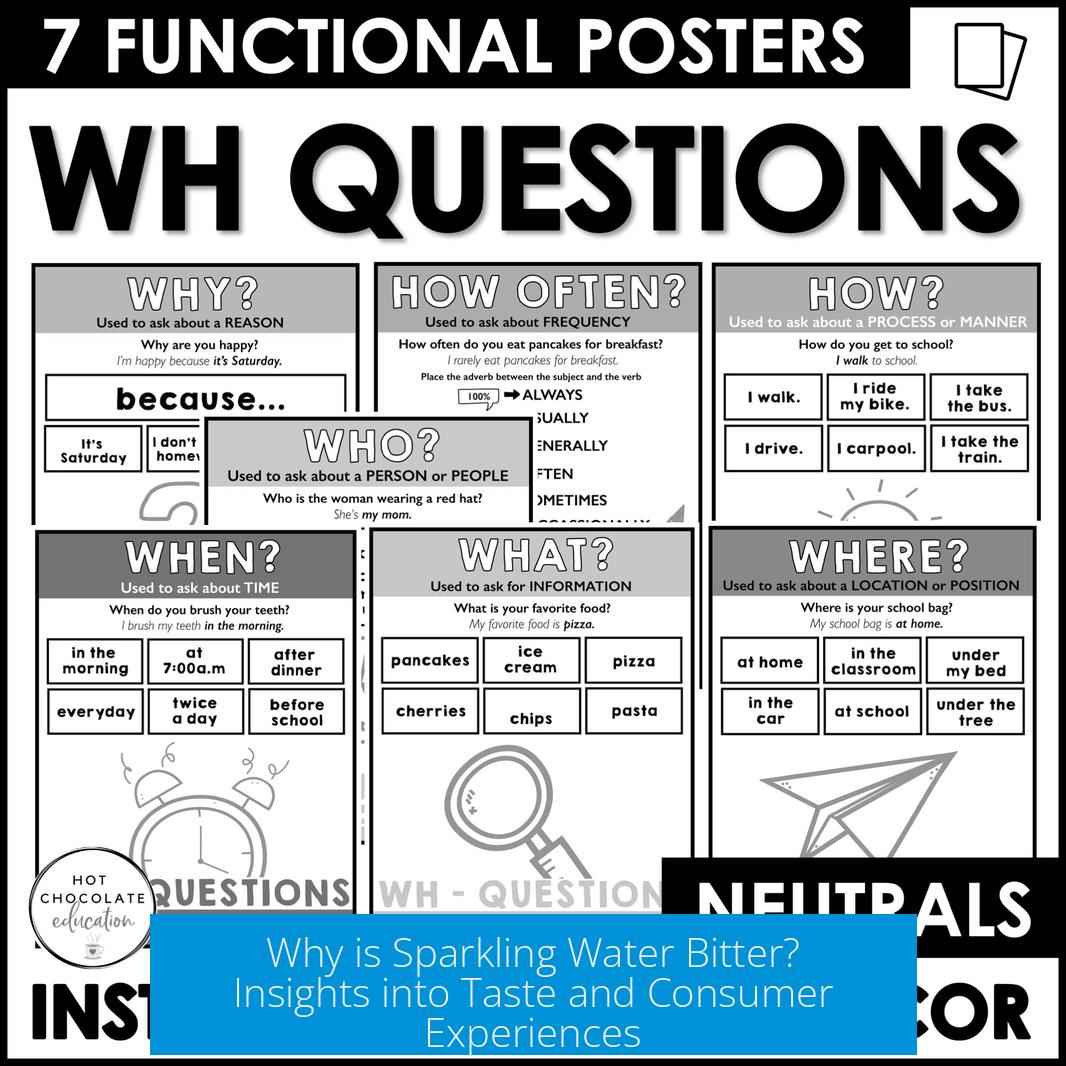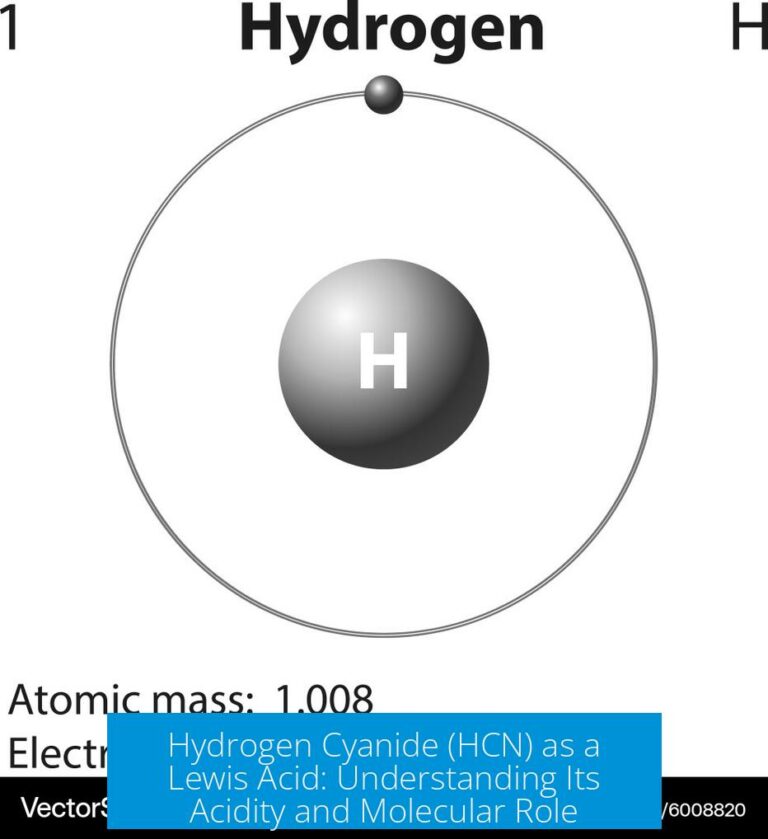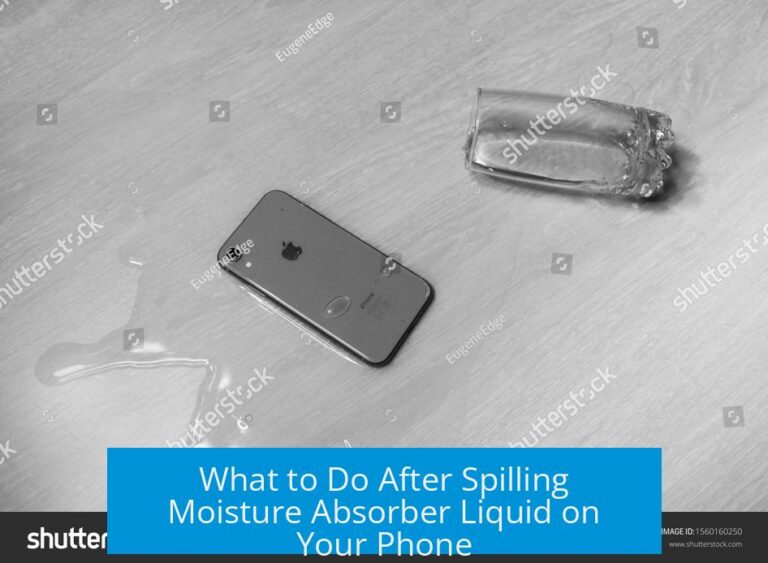Understanding Why Sparkling Water Tastes Bitter

Sparkling water’s bitterness mainly stems from its mineral composition, not its carbonation. The sparkling aspect introduces carbon dioxide, producing carbonic acid, which imparts a slight sourness rather than bitterness. The perceived bitter taste arises due to minerals such as potassium, magnesium, calcium salts, and sulfates present in the water. Individual differences in taste sensitivity further affect how bitter sparkling water seems.
Distinguishing Sparkling Water from Tonic Water
Some consumers mistakenly confuse sparkling water with tonic water. This confusion often leads to attribution of bitterness to sparkling water when the real cause is quinine in tonic water.
- Tonic water contains quinine, a compound known for its distinctly bitter taste.
- Sparkling water consists mainly of carbonated water with dissolved CO2. It lacks quinine and the associated bitterness.
- Occasional reports of bitterness likely come from misidentifying the beverage or mixing tonic water with sparkling water.
This distinction is critical since quinine’s bitterness is strong and easily recognizable, whereas carbonic acid gives sparkling water a mild sourness.
Carbonation’s Role: Sourness, Not Bitterness
Sparkling water is carbonated by dissolving CO2 under pressure. This creates carbonic acid (H2CO3), which lowers the pH and imparts a slight sour taste. However, carbonation itself does not produce bitterness.
Several observations support this:
- Heating and shaking sparkling water reduces dissolved gas, making it less sour but without changing bitterness.
- Carbonic acid is a weak acid and does not activate bitterness receptors on the tongue.
- Sourness and bitterness are distinct taste modalities; carbonation mainly affects sour taste reception.
Thus, carbonation triggers tanginess and mild acidity, but not bitterness. This helps isolate the source of bitterness to other factors.
Minerals and Ions: Sources of Bitterness
The mineral profile in sparkling water varies widely by brand and source. These minerals significantly affect taste, sometimes creating bitter sensations.
| Mineral/Ion | Typical Effect on Taste | Flavor Notes |
|---|---|---|
| Potassium Chloride (KCl) | Bitter and metallic | Delayed bitterness perceived 3–5 seconds after tasting |
| Magnesium Salts | Bitter | Contributes to bitterness in certain natural waters |
| Calcium Salts | Bitter | Often associated with hardness and slight bitterness |
| Sulfates (SO42-) | Sweet or bitter depending on concentration | High concentrations can cause bitterness |
| Sodium Chloride (NaCl) | Usually salty, can mask bitterness | Salt reduces perceived bitterness by blocking taste receptors |
These minerals interact with taste receptors and influence bitterness perception. For example, potassium salts are notably bitter. Calcium and magnesium salts also yield bitter tastes but can vary by concentration.
Conversely, sodium chloride often lessens bitterness. It acts by suppressing bitterness receptors. This explains why salt can reduce bitterness in coffee and chocolate.
Perception Variability: Genetics and Sensory Sensitivity
Individual differences in bitterness perception affect sparkling water taste. Genetics and sensory sensitivity determine how strongly a person perceives bitterness.
- Some individuals report strong bitter sensations with sparkling water regardless of brand.
- Others, including self-described “supertasters,” report minimal or no bitterness.
- Sensitivity to pH changes and mineral content varies between people, influencing taste.
- Genetic differences in taste receptors partly explain this variation.
Therefore, the bitterness of sparkling water can be a subjective experience, influenced by personal biological factors.
How Sparkling Water Enhances Flavor Perception
Sparkling water does more than add bubbles; it modifies how flavors reach the sensory organs.
- Gas bubbles concentrate dissolved ions and flavor molecules on their surfaces.
- When bubbles pop on the tongue, they deliver a concentrated burst of taste components.
- Bubbles carry volatile molecules into the nasal cavity, intensifying aroma perception.
- This amplifies other flavors without directly creating bitterness.
Thus, sparkling water enhances existing mineral flavors, sometimes highlighting subtle bitter notes that are less noticeable in still water.
Observations from Consumers
Subjective reports of bitter-tasting sparkling water exist, especially among certain brands. Not all sparkling water tastes bitter; perception depends on composition and individual sensitivity.
- People report initial sourness followed by a bitter aftertaste when swallowing.
- The bitterness can resemble chemical or metallic flavors to some.
- Different brands show varying bitterness levels, linked to mineral profiles.
- Testing various brands helps discern whether bitterness is caused by specific mineral content.
Consumers’ experiences highlight that bitterness is rare but noticeable for some, reinforcing the mineral composition hypothesis.
Summary of Key Points
- Bitterness in sparkling water is due to mineral content, not carbonation.
- Potassium, magnesium, calcium salts, and sulfates often cause bitterness.
- Carbonic acid creates sourness, not bitterness.
- Individual taste genetics affect bitterness perception.
- Mistaking tonic water bitterness for sparkling water is common.
- Sparkling bubbles enhance flavor delivery, which can amplify bitterness.
- Brand mineral composition determines flavor differences in sparkling water.
Why does sparkling water sometimes taste bitter even though carbonation is not bitter?
Bitterness in sparkling water usually comes from its mineral content, like potassium, magnesium, or calcium salts. Carbonation produces a sour taste, not bitterness. So, the bitter taste is due to specific minerals, not the bubbles themselves.
Can the mineral content in sparkling water affect its bitterness?
Yes, minerals such as potassium chloride can cause bitterness. Sulfates may taste sweet or bitter depending on concentration. Different brands have varying mineral levels, which influences the bitterness you perceive.
Is it possible that bitterness in sparkling water is caused by confusion with tonic water?
Yes, tonic water contains quinine, a known bitter compound. Some people confuse tonic water with sparkling water, leading to the belief that sparkling water is bitter. Pure sparkling water typically does not have quinine.
Why do some people experience stronger bitterness in sparkling water than others?
Genetics and personal taste sensitivity play a role. Some individuals have taste buds more sensitive to minerals and acidity, causing them to perceive stronger bitterness. Others might not taste bitterness at all.
How do the bubbles in sparkling water influence its taste perception?
Bubbles carry concentrated flavor molecules to your tongue and nose, enhancing the overall flavor. They can make minerals more noticeable but don’t create bitterness themselves. The effect is more about intensifying existing tastes.
Does the level of carbonation affect the bitterness in sparkling water?
Reducing carbonation may change sourness but does not impact bitterness. Bitterness remains because it is tied to the minerals present, not the amount of dissolved CO2 in the water.





Leave a Comment